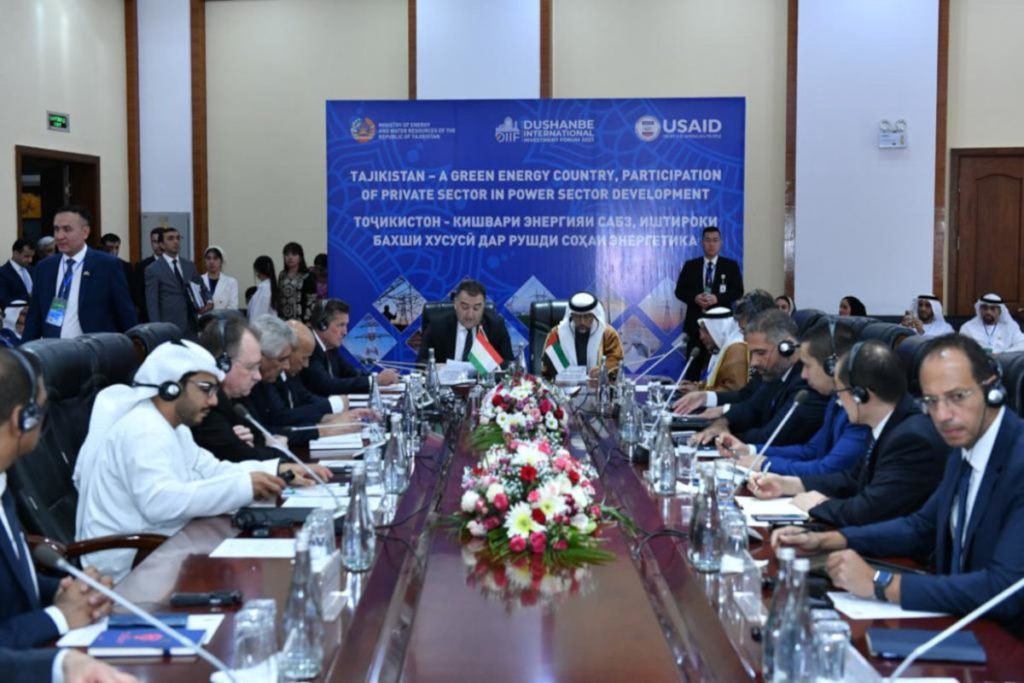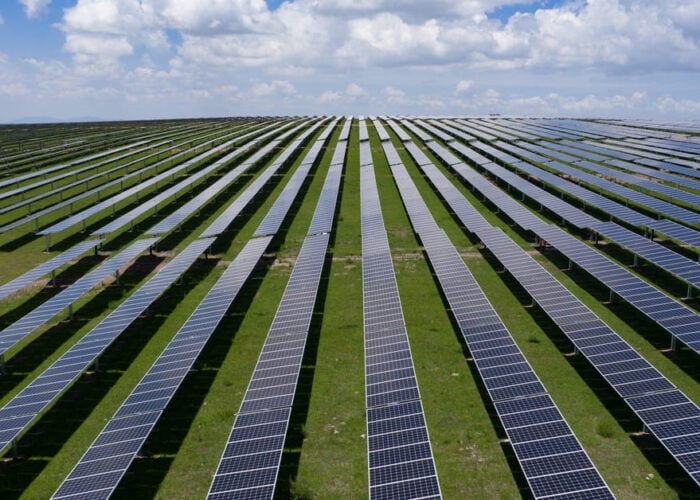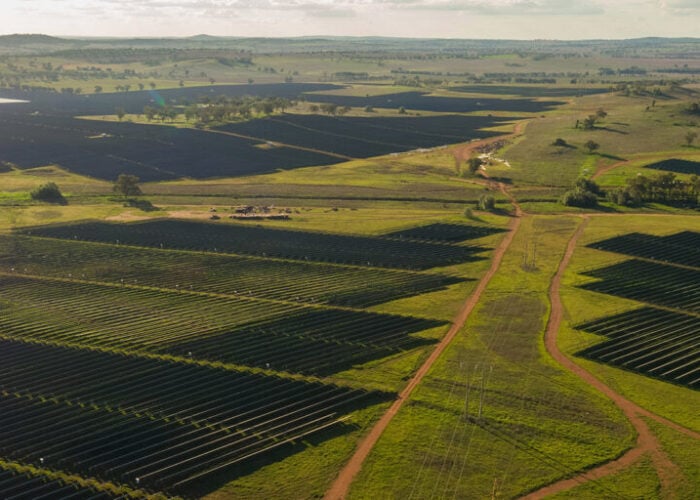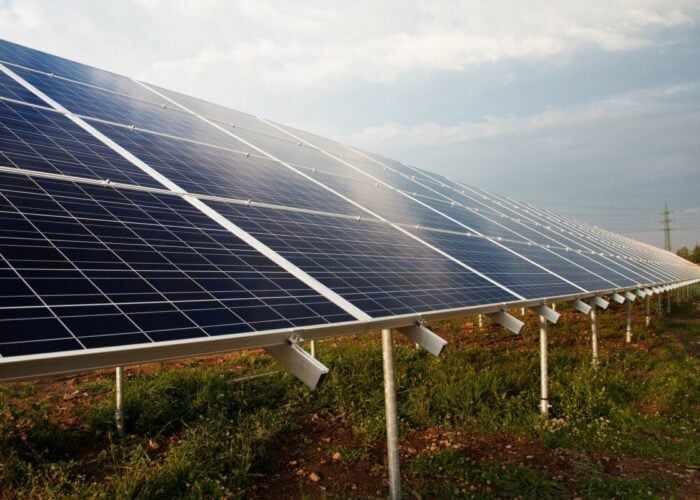
MW Energy has signed a memorandum of understanding with Tajikistan’s Ministry of Energy and Water Resources to develop 500MW of renewable power projects in the country, which will include ground-mounted and floating solar projects.
The company is a joint venture between UAE state-owned renewable energy company Masdar and W Solar Investment, a clean power developer also based in the UAE. It signed the agreement with the Tajikistan government at the Dushanbe International Investment Forum, held last week in the Tajikistani capital, which will see both parties work together in public-private partnerships to develop new renewable energy projects in the country.
Try Premium for just $1
- Full premium access for the first month at only $1
- Converts to an annual rate after 30 days unless cancelled
- Cancel anytime during the trial period
Premium Benefits
- Expert industry analysis and interviews
- Digital access to PV Tech Power journal
- Exclusive event discounts
Or get the full Premium subscription right away
Or continue reading this article for free
“The UAE is proud to be partnering with Tajikistan to explore cutting-edge renewable energy projects to help increase energy security and reduce carbon emissions,” said Suhail Al Mazrouei, UAE ministry of energy and infrastructure. “As the UAE looks forward to hosting COP28 we will continue to work with nations to accelerate the path to a net-zero future.”
Tajikistan is heavily reliant on hydropower to meet its energy demands. According to the International Renewable Energy Agency, 93% of the electricity generated in Tajikistan in 2021 came from hydropower, with the remainder generated by fossil fuels. As a result, companies such as Masdar, and its subsidiary MW Energy, might consider Tajikistan a prime location for new solar projects, as the country lacks an established fossil fuels sector, and its energy grid is not reliant on electricity generated from such sources.
While Masdar did not announce particular projects that would receive funding as a result of the memorandum of understanding, Tajikistan has a recent history of growth in its solar sector.
The Murgab solar project, the country’s first, was brought online in 2020, and had its capacity quadrupled to 800kW in 2023 following funding from USAID, a development agency backed by the US government. This expansion work also added a 1.2MWh battery storage facility to the Murgab project, and demonstrates both growing global interest in the Tajikistan solar sector, and the willingness of the national government to work with overseas companies and agencies to expand the sector.
“Tajikistan is committed to increasing its installed electricity generation capacity and growing its promising green energy sector,” added Daler Jum’a, Tajikistan’s minister of energy and water resources.
“By 2030, the installed capacity of generating stations using solar and wind energy should be 700MW; today, 450MW of this is being developed by a feasibility study with the participation of international consulting companies with the financial support of international financial institutions.”
The news is Masdar’s latest involvement in the Central Asian solar sector. Last November, the company signed an agreement with Turkmenistan electric utility Turkmenenergo to build a 100MW solar plant in the country.






